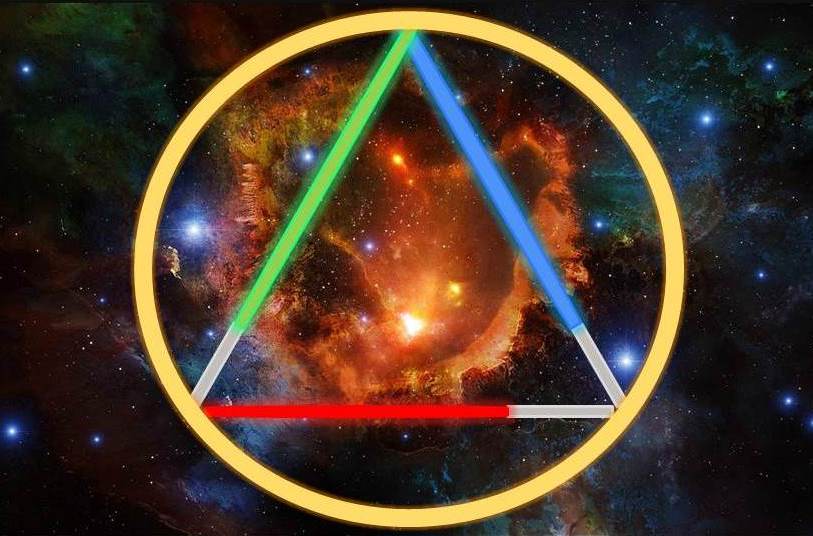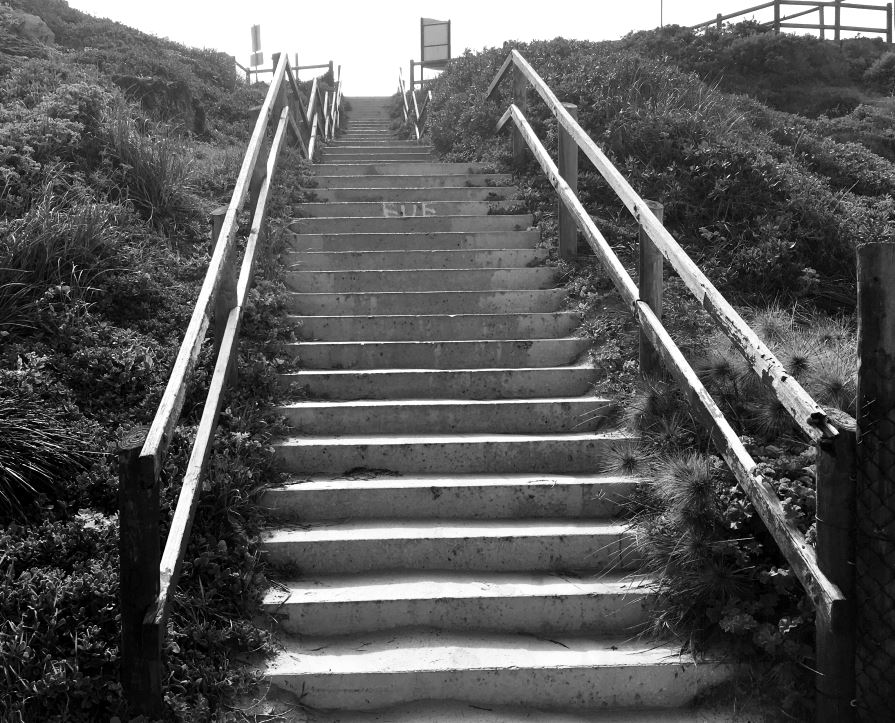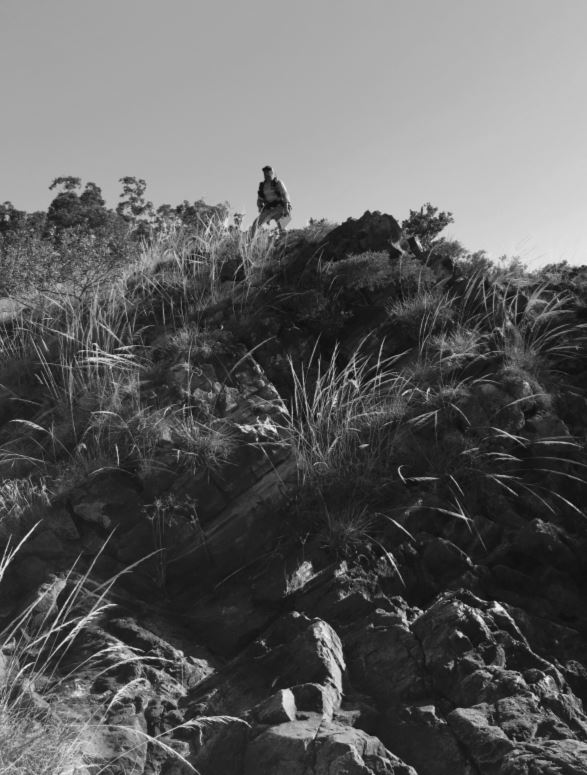Strength is a Skill
Pavel Tsatsouline was the Russian fitness guru who popularized the Kettle Bell in the west and trained Soviet Special Forces he also coined the phrase “Grease the Groove”. Pavel argued that “Strength is a Skill” and like any skill it needs to be practiced continuously and consistently.
Greasing the Groove” Pavel argued is training smart, not hard. If an athlete such as a gymnast is trying to increase strength and flexibility one of the ways is to keep training through the day not just during routine training sessions. The Gymnast would practice moves and stretches anywhere and anytime. She may be waiting for the bus, watching TV or having a break at work. Rather than being idle she takes the opportunity to practice her skills. This keeps the muscles activated and adds to incremental improvements over time. In addition it keeps her mind on the game.
While the rest of us in bed sleeping, the Gymnast and others who “Grease the Groove” are up before sunrise training and practicing to be better.
In the Fight
Conor McGregor practices the principles of “Greasing the Groove”. In the lead up to a fight he is constantly training and getting himself ready mentally, physically and spiritually. Between fights he continues to train not only in the gym and in the ring but in all other aspects of his life pushing for continuous improvement. McGregor is never not “Greasing the Groove”, his mindset is geared towards constant and incremental improvement and winning at all costs.
The author of “Rome’s Last Citizen”, a biography of Cato, Rob Goodman keeps a Kettle Bell next to his desk at Huffington Post. Goodman explains that the Stoics practiced a type of “Greasing the Groove”, every couple of hours he arises from his desk and does Kettle Bell reps. The Jedi would also train when ever they got the chance and did not wait for an opportunity, they made them.
Anytime, Any Place
I practice calisthenics as my primary form of personal fitness. I love it because I can do it anytime, any place. It costs nothing and it gets me outdoors and keeps me active. At the beginning I could barely manage a few pull-ups and over the months my strength has increased way beyond what I was capable of.
Through the practice of “Greasing the Groove” I have managed to improve form and fitness incrementally. I set small goals through the week and congratulate myself on achieving them. My training sessions are recorded and I make a point of doing a few dips or pull-ups when ever and where ever the opportunity presents itself. These exercises are never done to exhaustion but to about 70% of maximum effort. The break in routine to do 30 seconds of exercise makes the day go faster and keeps me motivated.
Anything
Greasing the Groove is a principle we can obviously apply in every aspect of our life. If our aim is to be good at something we should practice consistently. Learning a new language, a musical instrument or a sport like surfing does not come over night. It takes a lot of effort and time. When we see someone who is accomplished in those areas and ask them how they got so good, their answers is always “practice and consistency”.
“Every habit and faculty is confirmed and strengthened by the corresponding actions, that of walking by walking, that of running by running.” – Epictetus
No Excuses
We all want to be better people for our own sake and for others. Demonstrating our principles and core values is one of the ways in which we express the person we want to be. Often we find that wanting to be a better person and actually being that person are two different things. A cognitive dissonance exists; we know we shouldn’t lose our temper or treat people unfairly but we do anyway. Our diet is poor and we know we should eat healthy still we default to the tasty but unhealthy options. We want to change and act in accordance with our values rather than just see them as pillars we aspire to achieving at some point in the future. We should as Yoda says “Do or do not, there is no try”.
Break and Make Habits
Greasing the groove would be taking every challenge and using it as an opportunity to practice our principles. For example instead of getting impatient with someone who is having a difficult time understanding we should remember that once we were learners too. Rather than getting angry or offended when someone insults us, we should make light of it and laugh it off. Words do not harm us unless we choose to allow them to. When we have the urge to act on impulse or emotion we should take a step back and take a moment to collect ourselves and think rationally or seek advice. Instead of grabbing a soda we can drink water, an apple can be eaten instead of a doughnut. The more often we break from old patterns and habits and act in way that is more consistent with our values the more ingrained they become. We form new habits.
“Having had a spiritual awakening as the result of these steps, we tried to carry this message to alcoholics and to practice these principles in all our affairs” – AA Step 12
Challenge Yourself
Epictetus (and perhaps Yoda) would challenge us to go a day without anger. Then he would challenge us to go another day and then another without getting angry. They would say “find the counter habit to our anger and use it”. That’s all it takes, find what works and apply it, one day at a time, one moment at a time.
Alcoholics also take a “one day at a time” approach to abstaining from drinking. To consider a life time without drinking can seem daunting and even impossible in early recovery. With enough sober days under our belt we form new habits and our recovery strengthens. We have to continuously “grease the groove”; even now I never say “I will never drink again”.
I only choose to not drink today and let tomorrow look after itself. When I get to tomorrow I will ask the Force to give me strength for the day to meet challenges head on. At the end of the day I reflect on the day and thank the Force for letting me have another sober day. I never forget that my sobriety is a daily reprieve contingent on the maintenance of my spiritual condition. By practicing my principles daily in all things I am “greasing the groove”.
Being a better person and living a good life is a skill that is not acquired without effort, it is gained through consistent repetition and practice. So “Grease the Groove” where you want to change.












